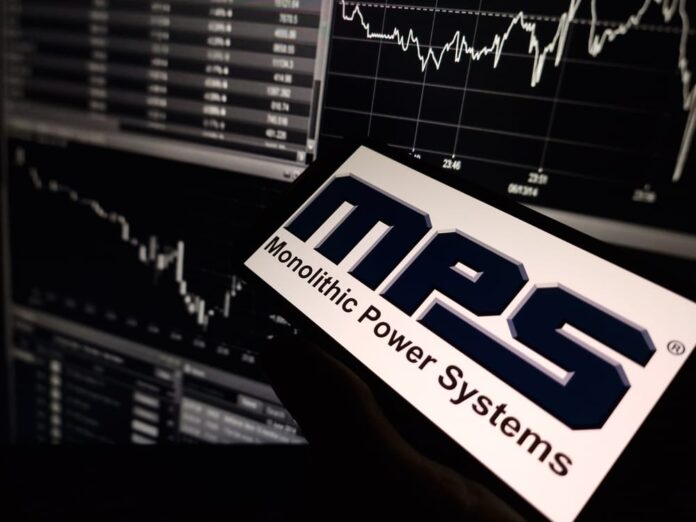“Gaming on the cloud” has been a phrase that has been thrown around for the past few years. With traditional consoles expected to ditch discs over the next generation or two, beginning with Microsoft’s Xbox One SAD Edition, major cloud service providers such as Google, Microsoft, Tencent and other major providers have jumped on to the gaming train.
One of the biggest examples was set our by Google in late 2018. Dubbed as Google Project Stream, a selected number of players we able to play Ubisoft’s then latest title, Assassins Creed Odyssey on Google’s in-house Chrome browser at 1080p at 60FPS.
Google, a completely unexpected company known for its dominant search engine begun to show its interest to take over the gaming market by storm. With Google’s Project Stream, all of the computing for the game was done on the cloud, allowing enthusiastic players to play a triple-A title with ease, regardless of how beefed up their computer is.

With Tecent, Microsoft and others also pitting themselves on the market, the market is about to get a whole lot more competitive over the next few years given the backgrounds these companies have in their respective regions and industries. While Tencent may be able to dominate the majority of players in the Chinese market, Microsoft seems to be in good standing thanks to its push for cloud gaming, partly swayed by its Xbox franchise.
With all of brands now competing for their slice of cake, IHS expects the cloud gaming to surge past the US $1.5 billion mark in the not too distant year of 2023 from its $234 Million market just last year.
“Competitive differentiation in the next wave of cloud gaming services will be focused on two key areas: cloud infrastructure and content,”
Piers Harding-Rolls, IHS Markit
IHS Markit’s Piers Harding-Rolls also noted that these companies would have major advantages over each another in certain areas and would come down to which of these providers would be able to deliver the best content for gamers, an area that Google would have to focus on if it wants any chance to compete with Microsoft’s infrastructure.
And with Sony no where to be seen in the race as the next generation of gaming begins, there’s no telling whether this generation is the last generation for disc-based consoles moving forward.





